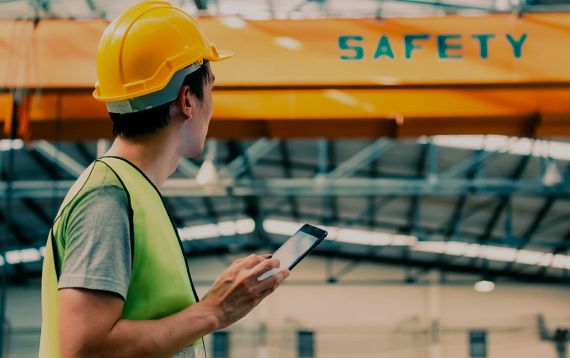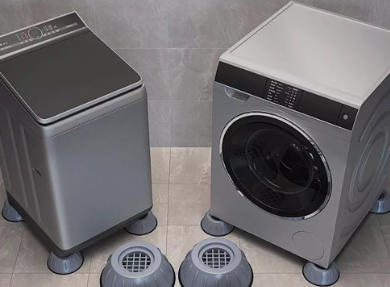Practices And Quality Technologies For Achieving Zero-Waste Laundry.

Laundry practices have a significant impact on the environment, with water consumption, energy use, and chemical discharge contributing to pollution and waste. Achieving zero-waste laundry is a crucial goal for individuals, businesses, and society at large. In this comprehensive exploration, we delve into various practices and cutting-edge technologies that promote sustainability in laundry processes.
I. Sustainable Laundry Practices
1. Water Conservation Strategies
- Low Water Consumption Machines: Introduction to high-efficiency washing machines designed to minimize water usage.
- Greywater Recycling: Exploring the potential of reusing greywater from laundry for non-potable purposes.
2. Energy-Efficient Approaches
- Cold Water Washing: Highlighting the benefits of washing clothes in cold water to reduce energy consumption.
- Solar-Powered Laundries: Examining the feasibility and advantages of harnessing solar energy for laundry operations.
3. Detergent and Chemical Management
- Biodegradable Detergents: Analyzing the impact of using eco-friendly, biodegradable detergents on water ecosystems.
- Chemical-Free Alternatives: Exploring innovative technologies that eliminate the need for traditional laundry chemicals.
II. Technological Innovations for Zero-Waste Laundry
1. Smart Laundry Appliances
- IoT-Enabled Washers: Discussing how Internet of Things (IoT) technology can optimize laundry cycles for efficiency.
- Smart Sensors: Examining the role of sensors in detecting fabric types and adjusting washing parameters accordingly.
2. Nanotechnology in Fabric Care
- Nano Coatings for Fabrics: Exploring nanotechnology applications that can make fabrics more resistant to stains, reducing the need for frequent washing.
- Nanoparticle-Based Detergents: Investigating how nanoparticles can enhance detergent performance while minimizing environmental impact.
3. Circular Economy in Textile Manufacturing
- Recyclable Textiles: Highlighting the emergence of recyclable fabrics that support a circular economy.
- Extended Producer Responsibility (EPR): Discussing how EPR programs in textile manufacturing contribute to waste reduction.
III. Case Studies and Success Stories
1. Innovative Zero-Waste Laundry Businesses
- Laundry as a Service (LaaS): Examining companies that provide laundry services with a focus on sustainability.
- Closed-Loop Laundry Systems: Showcasing businesses implementing closed-loop systems to minimize waste.
2. Community and Individual Initiatives
- Zero-Waste Laundry Communities: Discussing community-driven initiatives and their impact on reducing laundry-related waste.
- Consumer Behavior and Awareness: Exploring how individual choices in laundry practices contribute to a sustainable future.
IV. Challenges and Future Prospects
1. Challenges in Zero-Waste Laundry Adoption
- Cost Implications: Addressing the initial costs associated with adopting zero-waste laundry technologies.
- Consumer Education: Discussing the importance of educating consumers about sustainable laundry practices.
2. Future Trends and Innovations
- Advancements in Waterless Cleaning: Discussing emerging technologies that aim to revolutionize laundry without water usage.
- Artificial Intelligence in Laundry: Exploring the potential of AI-driven systems to optimize laundry processes further.
Conclusion
Achieving zero-waste laundry involves a holistic approach, combining sustainable practices, technological innovations, and community engagement. As we navigate the challenges and embrace emerging technologies, the journey towards environmentally friendly laundry practices becomes both an individual responsibility and a collective endeavor for a greener future.




